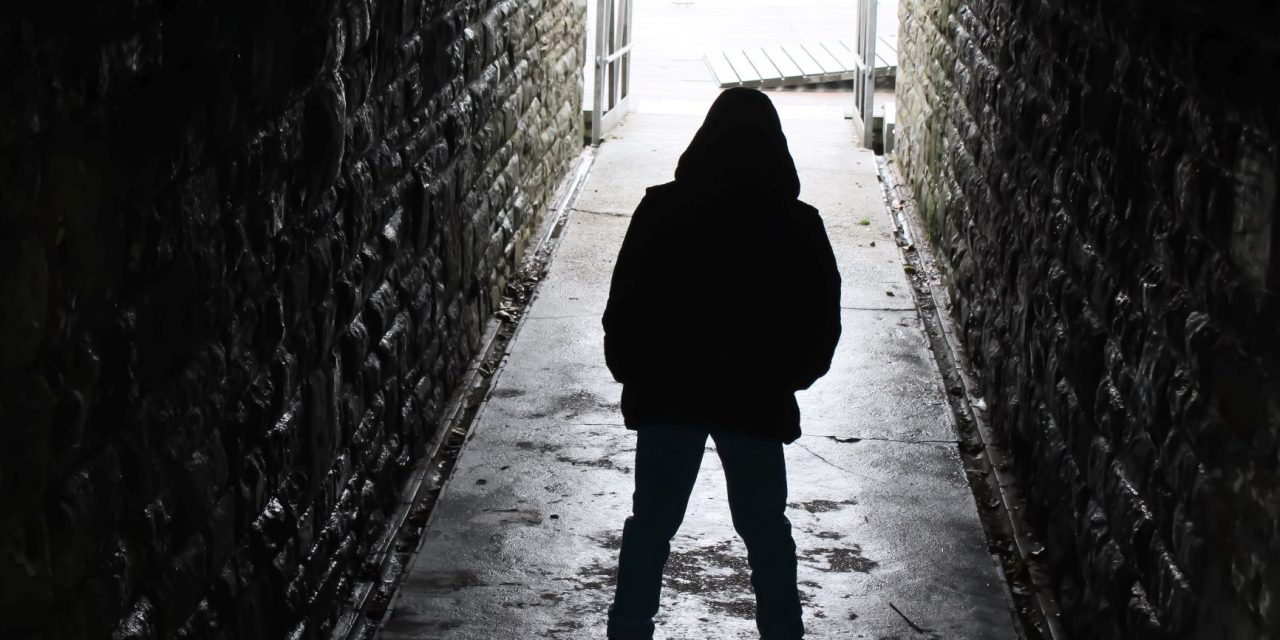Knife crime continues to rise across the UK, despite a drop in crime overall. Although the incidence remains low in East Sussex, its vital that professionals and parents work together to keep it that way…
Knife crime – the facts
Let’s start with the good news; ninety-nine per cent of ten to 29-year-olds don’t carry a knife. The bad news? A small number put themselves and others at serious risk – half are injured by their own weapon.
All too often young people mistakenly believe that a knife offers protection. The truth is that carrying a knife attracts violence.
The penalties for knife crime are severe
More than half of the 68 people prosecuted for carrying a knife in a public place in East Sussex last year were under 25. It doesn’t matter why the weapon is being carried, the sanctions are just the same – severe. If a young person is found carrying a knife in a public place, prosecution can result in up to four years imprisonment.
Back in 2018, the government published its Serious Violence Strategy in response to increases in knife crime, gun crime and homicide across England. During the last year there have been campaigns and local and national initiatives, including tackling drug crime that so often goes hand-in-hand with violence.
Today, Sussex Police work closely with other agencies, including East Sussex County Council, UK Border Force, Trading Standards, schools and colleges. They work together to identify persistent offenders and hotspots as well as educating parents, carers and young people about the consequences of knife crime, which not only includes injuring or harming someone, but threating behaviour or buying a knife if you are under 18.
Working together to reduce knife crime
Since September last year, one of the projects being funded by the Home Office as part of the Pan-Sussex Violence Reduction work has been taking place in Eastbourne, Hastings and Bexhill. Co-located in College Central, practitioners from the youth offending team provide targeted early intervention to vulnerable pupils. The aim is to raise awareness of the risks of knife crime and exploitation, while preventing anti-social behaviour and criminality.
To date, the practitioners have engaged with almost 100 children. Contact has taken place informally around the school, in one-to-one sessions, group work where the worker has led a session or taken a role in a class, or in work with a child’s family. There is already evidence that this work is having a positive impact.
At the same time, ESCC Youth Work Team have been delivering their kNOw knives project to raise awareness of knife crime across the county. They are working with young people to help them understand the consequences and develop positive strategies to avoid becoming involved in carrying a weapon.
Targeted operation on the street
This November, Sussex Police will be ramping up their efforts during a special targeted operation. They’ll be carrying out patrols of known hot spots and harm spots, providing advice ‘on the street’, carrying out weapon sweeps, dropping into schools (virtually) and providing amnesty bins.
One of the key problems with knife crime is access to weapons, so shops will be made aware of their legal responsibilities and encouraged to ‘challenge anyone who looks under 25’ as well as making it clear to their customers that the sale of knives to under 18s is illegal. At the same time, UK Border Force will be focussing their efforts on monitoring fast despatch parcels coming into the UK.
But tackling serious violence is not a law enforcement issue alone, parents and carers play a key role too.
What parents need to know
Here’s the kind of behaviour parents can look out for:
- Have they become withdrawn from the family and/or school?
- Is their school or college reporting worrying changes in behaviour, academic achievement or attendance?
- Have they lost interest in positive activities such as sports clubs?
- Do they stay out unusually late without giving a reason and are vague about their whereabouts?
- Have they stopped seeing old friends and started hanging out with a new group?
- Are they secretive about the contents of their bag?
- Are they defensive if you ask what is in their possession or if they are hiding anything?
- Has their attitude changed about carrying knives/weapons? For example, justifying it by saying people carry them for self-defence?
- Have any items gone missing from the kitchen, tool box or garage?
- Have you found a weapon hidden amongst their possessions?
What parents need to do
Talk to your child. You can really help with knife crime prevention by talking through the issues:
- Making sure you know what knife crime is and that they understand how upset you’d be if they got caught with a knife or got injured can have a big impact.
- Your child might not tell you much (they might tell you the exact opposite), but what you say, think and feel is important to them.
- They might not think you know what you’re talking about so a little preparation can really help here.
- Your child may feel you have no experience of knife crime or the challenges they face.
- Are there any examples from your own childhood that you can draw upon? Has there been anything in the news recently or something that’s happened locally that you can refer to?
- Is there someone else that your child trusts who could help you to have the conversation?
- It may be that you learn some worrying things about your child and the things they’re involved in.
- Try not to overreact but don’t feel you have to deal with this on your own – help is available.
Where to get help
Crimestoppers
If you suspect someone is carrying a knife or other offensive weapon or have information about a crime, you can report it safely and anonymously to Crimestoppers. Visit the site or call: 0800 555 111 at any time.
Help in your local area – Contact East Sussex County Council for local parenting support.
Families can help each other – Speak to the families of your child’s friends. If you’re worried, chances are they have concerns about their child too. Working together can be a valuable way to look out for each other and help keep your children safe.
Family Lives offers a confidential and free helpline service for families in England and Wales (previously known as Parentline). Please call them on 0808 800 2222 for emotional support and guidance on all aspects of parenting and family life.




